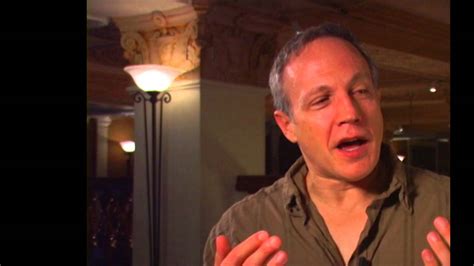A Quote by Thomas F. Wilson
We all know that a sympathetic and intelligent listener not only flatters our vanity, but also frequently enables us to crystallize our own ideas to the best advantage. Why, then, do we so often refuse to perform this service?
Related Quotes
We exist only by virtue of what we possess, we possess only what is really present to us, and many of our memories, our moods, our ideas sail away on a voyage of their own until they are lost to sight! Then we can no longer take them into account in the total which is our personality. But they know of secret paths by which to return to us.
Frequently, we busily search for group service projects, which are surely needed and commendable, when quiet, personal service is also urgently needed. Sometimes the completing of an occasional group service project ironically salves our consciences when, in fact, we are constantly surrounded by a multitude of opportunities for individual service. In serving, as in true worship, we need to do some things together and some things personally. Our spiritual symmetry is our own responsibility, and balance is so important.
A blessed thing it is to have a friend; one human soul whom we can trust utterly; who knows the best and worst of us, and who loves us in spite of all our faults; who will speak the honest truth to us, while the world flatters us to our face, and laughs at us behind our back; who will give us counsel and reproof in a day of prosperity and self-conceit; but who, again, will comfort and encourage us in days of difficulty and sorrow, when the world leaves us alone to fight our own battle as we can.
If a friend is the one who summons us to our best, then is not Jesus Christ our best friend, and should we not think of the Communion as one of His chief appeals to us to be our best? The Lord's Supper looks not back to our past with a critical eye, but to our future, with a hopeful one. The Master appeals from what we have been to what we may be. He bids us come, not because we are better than we have been, but because He wants us to be. To stay away because our hearts are cold is to refuse to go to the fire till we are warm.
This is the amazing story of God’s grace. God saves us by His grace and transforms us more and more into the likeness of His Son by His grace. In all our trials and afflictions, He sustains and strengthens us by His grace. He calls us by grace to perform our own unique function within the Body of Christ. Then, again by grace, He gives to each of us the spiritual gifts necessary to fulfill our calling. As we serve Him, He makes that service acceptable to Himself by grace, and then rewards us a hundredfold by grace.
We must be ready to allow ourselves to be interrupted by God... It is a strange fact that Christians and even ministers frequently consider their work so important and urgent that they will allow nothing to disturb them. They think they are doing God a service in this but actually they are disdaining God's "crooked but straight path". It is part of the discipline of humility that we must not spare our hand where it can perform service and that we do not assume that our schedule is our own to manage, but allow it to be arranged by God.
When we read, we are not looking for new ideas, but to see our own thoughts given the seal of confirmation on the printed page. The words that strike us are those that awake an echo in a zone we have already made our own—the place where we live—and the vibration enables us to find fresh starting points within ourselves
Our strategy should be not only to confront empire, but to lay siege to it. To deprive it of oxygen. To shame it. To mock it. With our art, our music, our literature, our stubbornness, our joy, our brilliance, our sheer relentlessness — and our ability to tell our own stories. Stories that are different from the ones we’re being brainwashed to believe. The corporate revolution will collapse if we refuse to buy what they are selling — their ideas, their version of history, their wars, their weapons, their notion of inevitability.
Vanity is so frequently the apparent motive of advice that we, for the most part, summon our powers to oppose it without very accurate inquiry whether it is right. It is sufficient that another is growing great in his own eyes at our expense, and assumes authority over us without our permission; for many would contentedly suffer the consequences of their own mistakes, rather than the insolence of him who triumphs as their deliverer.
You must realize that it is the ordinary way of God's dealings with us that our ideas do not work out speedily and efficiently as we would like them to. The reason for this is not only the loving wisdom of God, but also the fact that our acts have to fit into a great complex pattern that we cannot possibly understand. I have learned over the years that Providence is always a whole lot wiser than any of us, and that there are always not only good reasons, but the very best reasons for the delays and blocks that often seem to us so frustrating and absurd.
Improved perception of our somatic feelings not only gives us greater knowledge of ourselves but also enables greater somatic skill, facility, and range of movement that can afford our sensory organs greater scope in giving us knowledge of the world. Besides augmenting our own possibilities of pleasure , such improved somatic functioning and awareness can give us greater power in performing virtuous acts for the benefit of others, since all action somehow depends on the efficacy of our bodily instrument.




































